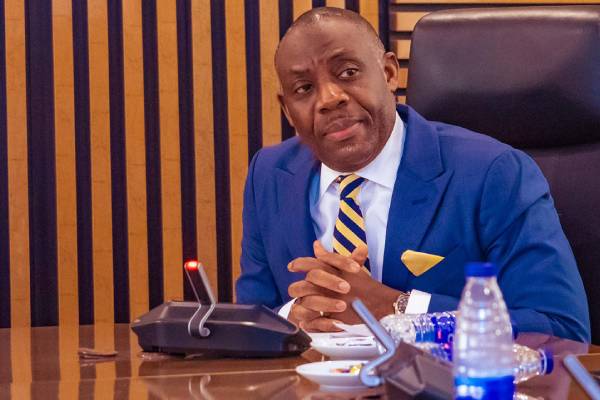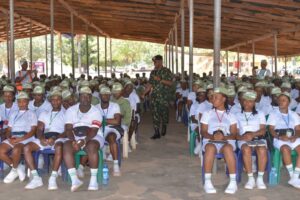The Federal Government has announced a landmark reform of Nigeria’s national curriculum aimed at reducing subject overload, promoting skill development, and aligning the nation’s education system with global best practices.
The Honourable Minister of Education, Dr. Maruf Tunji Alausa, CON, alongside the Honourable Minister of State for Education, Professor Suwaiba Sa’id Ahmad, unveiled the new structure following extensive consultations with key stakeholders including the Nigerian Educational Research and Development Council (NERDC), WAEC, NECO, NBTE, NABTEB, and other critical partners in curriculum design and assessment.
Effective from the 2025/26 academic session, pupils and students across all levels of basic and secondary education will experience a lighter, more skill-driven curriculum designed to improve quality of instruction and ensure that learners are well-prepared for the global economy.
Key highlights of the reform include:
Reduction in Subject Load:
Primary 1–3: 9–10 subjects (down from 13–15)
Primary 4–6: 10–12 subjects (down from 15–17)
Junior Secondary (JSS 1–3): 12–14 subjects (down from 15–18)
Senior Secondary (SSS 1–3): 8–9 subjects (down from 15–20)
Reintroduction of Nigerian History as a compulsory subject from Primary 1 to JSS 3.
Introduction of Citizenship and Heritage Studies at the senior secondary level.
Streamlining of Nigerian Languages to Hausa, Igbo, and Yoruba.
Alignment of WAEC and NECO syllabuses with the revised structure.
Revamped Technical and Trade Subjects: NABTEB will now administer 28 practical trade subjects, including Solar PV Installation and Maintenance, Fashion Design and Garment Making, Livestock Farming, Beauty and Cosmetology, Computer Hardware and GSM Repairs, and Horticulture and Crop Production.
Speaking on the development, Dr. Alausa described the reform as “a bold step towards building a stronger, skill-driven education system that equips Nigerian children with the knowledge and competencies needed to thrive in a rapidly changing world.”
The Ministry assured parents, teachers, and students that adequate support will be provided to ensure a smooth transition to the revised curriculum.
This reform underscores the Federal Government’s commitment to revitalizing Nigeria’s education sector and fostering a smarter, more resilient generation.





